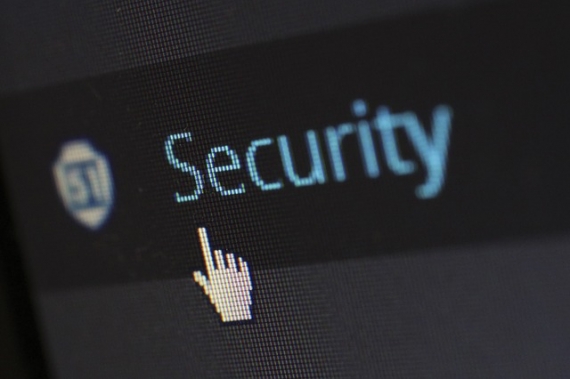
Within any business, it’s important to have information about customers, suppliers, clients, and employees. However, making sure this private data remains private is just as important to the success of your business.
A lot of businesses aren’t prepared for hackers and the tricks they can use to get data from company systems, nor can these businesses deal with the consequences of such an event. In some cases, small business owners don’t believe this can happen to them because they’re not one of the big players within the industry.
However, small businesses are often a much more attractive prospect to hackers than larger organizations. Why? Because they haven’t invested in cyber security.
For example, in 2013 when 40 million Target customers had their credit and debit card information stolen by hackers, a smaller HVAC system was targeted first. Target’s system was placed under threat through the use of the HVAC supplier’s network credentials.
This demonstrates how important it is for your business and employees to remain vigilant when dealing with sensitive information that may be of use to a hacker. You need to consider all data risks and not just the ones that are within your own company. Think about how important this data is and what could happen if a hacker got their hands it. How would this affect your business as a whole?
And providing this extra security doesn’t have to cost a fortune. Here are some top tips that’ll help you make sure your data is more secure than Fort Knox:
Protect What You Collect
Start by making sure any employee or customer data is secured with reasonable measures, so no unauthorized or inappropriate access can be granted.
Create a Strong Privacy Policy
Customers are becoming increasingly aware of the risk of data loss, which is why they’ll want to know what you’re doing to protect their details. Make sure your privacy policy is easily accessible so they can take a look at this to see how you’re going to keep their personal details safe.
Ensure this information is straightforward and that you’re clear about what data you’re going to collect and what you’re going to do with it. By being honest with them it’ll build trust within your brand as customers will understand how much you value their personal information and what you’re doing to keep it safe.
Understand What You’re Protecting
Take some time to consider all of the personal information you have access to, where it’s being stored, how you’re putting it to use, and who can access it. Understanding this will allow you to determine why a hacker may find it useful and where the potential weaknesses are within your security system. It’ll also help you implement your privacy policy and can assist with other data protocols, such as your emergency recovery plan.
Don’t Collect Unnecessary Information
If you have a lot of valuable information you’re going to be a much bigger target for hackers. Therefore, don’t collect anything you don’t need, such as social security numbers or other pieces of customer information that you use for identification purposes. Instead, try using passwords and login details, making layers of identification that help prevent hackers from being able to impersonate your users.
And if you’ve got information that you don’t actually need, consider deleting this, just to be safe.
Keep Your Machines Up to Date
Protect yourself from online threats, malware, and viruses by making sure you have the latest web browser, security software, and operating systems in place. A lot of software programs will update automatically to protect you against newly found risks, so make sure this automatic option is turned on if possible.
Educate Your Employees
The biggest handlers of your customer data will probably be your employees. Therefore, they need to be constantly updated on the best practices for protecting this information, ensuring it doesn’t get into the wrong hands. Encourage them to follow the best practices, educate them on the latest fraud-prevention schemes, and provide updates on the latest potential threats. For example, you’ll need to make sure they don’t click on any suspicious links from unknown email senders and they aren’t responding to these types of emails either.
Protect Mobile Devices Too
As laptops, tablets, and smartphones become more prevalent in the workplace, you need to make sure these are just as protected as the desktops and systems within your office. Make sure your employees and business partners know how they need to keep these devices secure from theft or loss, while also emphasizing how important it is that they report incidents like this straight away.
Having the above in place will hopefully protect your business and its data from any potential security breaches.
Ewan Thompson works in data security, a job she absolutely loves. Since she's so passionate about her work she spends some of her spare time writing articles which can help inform business owners on what they need to do.

















